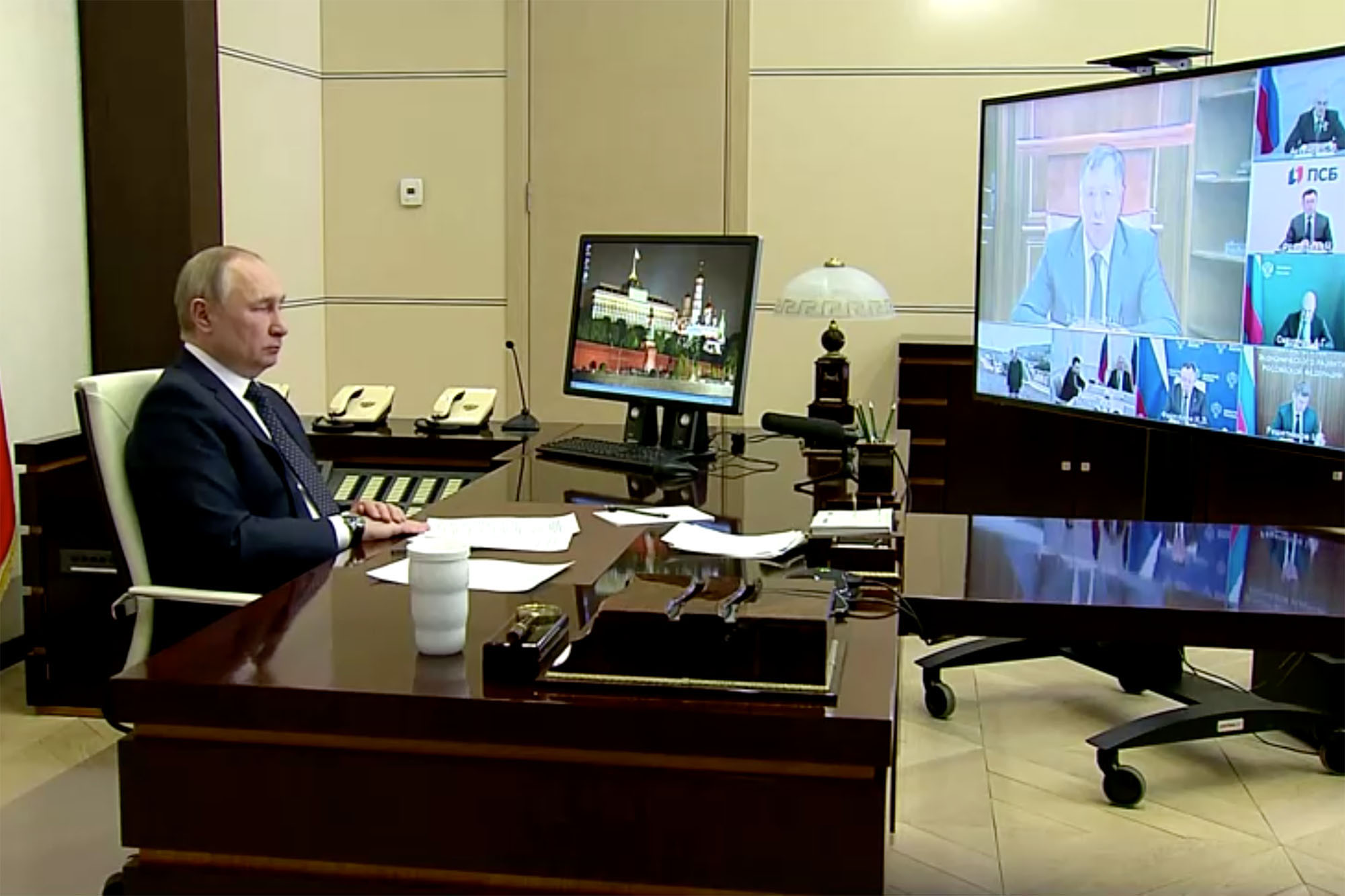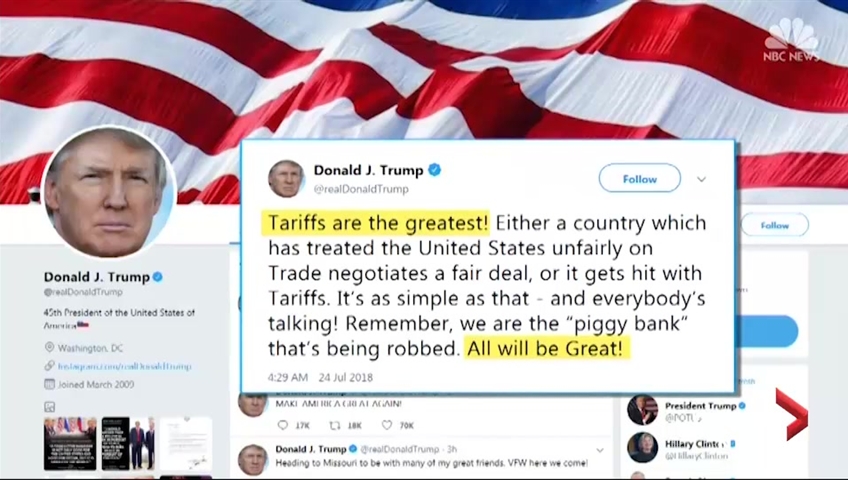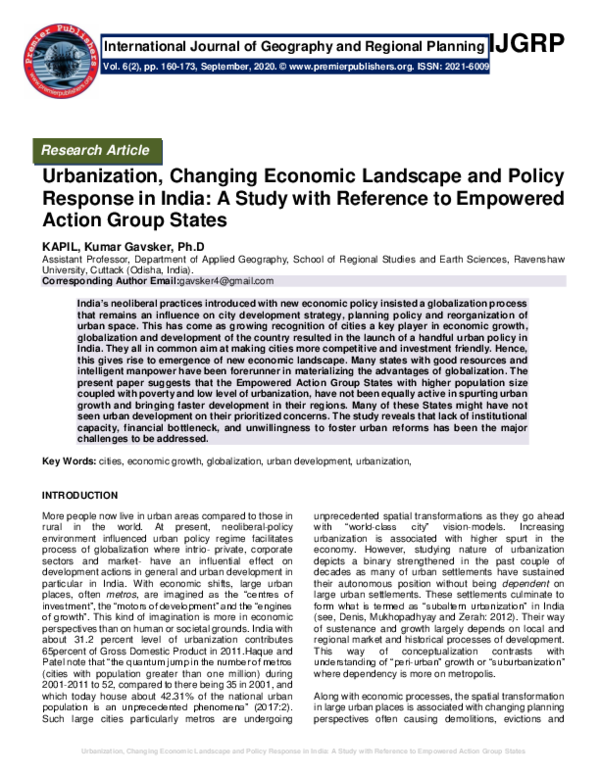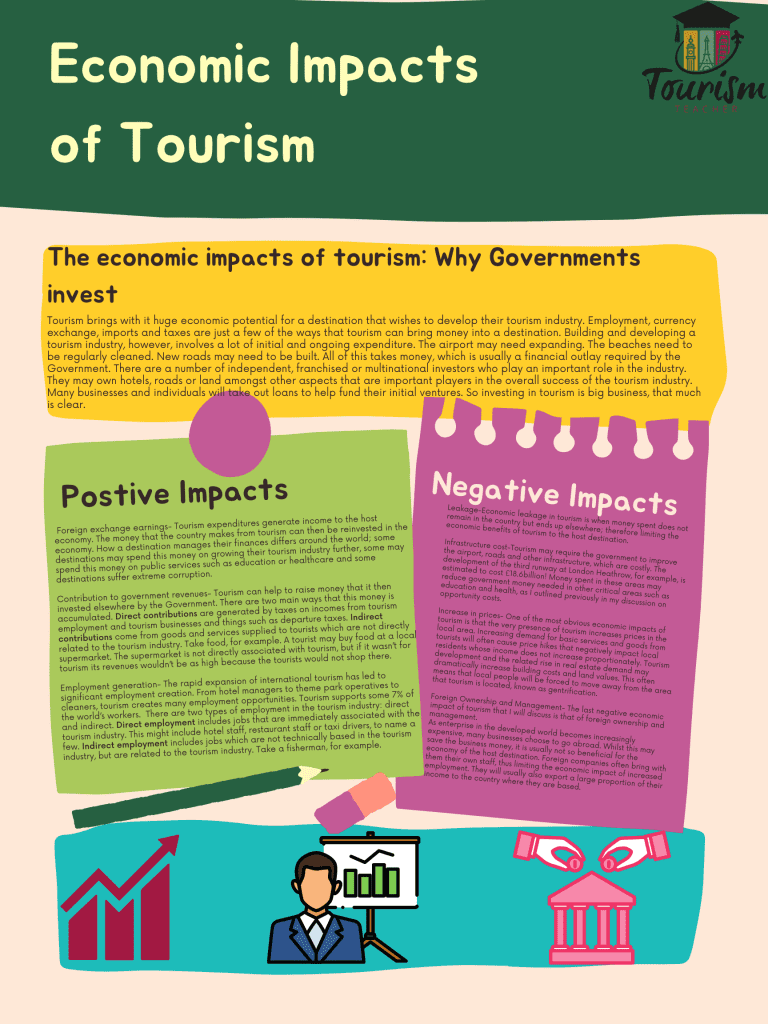How Russia's Call For Peace Talks Became A Diplomatic Setback For Putin

Table of Contents
The Timing and Context of Russia's Peace Offer
The timing of Russia's proposed peace talks is crucial to understanding their failure. The offer emerged amidst a series of significant battlefield setbacks for Russian forces in Ukraine. This context fueled suspicions that the initiative was less about genuine peace and more about exploiting a moment of perceived weakness to shift the narrative and potentially gain leverage.
The lack of concrete proposals and preconditions from the Russian side further exacerbated these suspicions. Instead of presenting a detailed plan for negotiations, Russia offered vague pronouncements, leaving many to believe the offer was insincere and designed primarily for propaganda purposes. This ambiguity allowed critics to easily dismiss the initiative as a cynical attempt to deflect international pressure and improve Russia's tarnished image.
International Condemnation and Skepticism
The international community's response to Russia's peace offer was swift and overwhelmingly negative. Ukraine and its allies immediately dismissed the proposal, viewing it as a thinly veiled attempt to legitimize Russia's illegal invasion and consolidate its territorial gains.
- Statements from NATO leaders unequivocally rejected the offer, emphasizing the need for Russia to withdraw its forces from Ukrainian territory as a precondition for any meaningful negotiations.
- Ukrainian President Zelenskyy's response was equally firm, outlining specific conditions for negotiations, including the complete withdrawal of Russian troops and accountability for war crimes. He framed any talks without these prerequisites as a surrender to Russian aggression.
- Western media portrayal largely echoed this sentiment, highlighting the lack of sincerity in Russia's proposal and exposing it as a propaganda ploy. The widespread skepticism reinforced the perception that Russia's intentions were far from peaceful.
The Internal Russian Narrative and its Contradictions
Within Russia itself, the narrative surrounding peace talks is far from unified. While the official line promotes the idea of a willingness to negotiate, underlying tensions and conflicting messages suggest divisions within the ruling elite. This internal discord reflects the uncertain state of the war effort and the growing pressure on Putin to demonstrate progress in Ukraine.
The prolonged conflict and the lack of a clear victory are putting increasing strain on the Russian domestic front. Continued military setbacks, coupled with growing economic sanctions, could fuel internal dissent and potentially threaten Putin's authority. This internal pressure could partly explain the push for a peace initiative, even if that initiative ultimately proved ineffective.
The Impact on Russia's International Standing
Russia's invasion of Ukraine, followed by the widely perceived insincerity of its peace offer, has severely damaged its international standing. The perception that Russia is attempting to whitewash war crimes through a superficial call for peace talks has further alienated many nations.
The strengthening of international alliances against Russia is a direct consequence of these actions. Increased cooperation among NATO members and other international partners reflects a collective effort to counter Russian aggression and hold Russia accountable for its actions.
- Increased sanctions and international isolation have further weakened Russia's economic and political position on the global stage.
- Loss of diplomatic leverage and influence is evident in the widespread rejection of Russia's peace overtures.
- Potential for further alienation from key global partners remains a significant threat to Russia's long-term international relations.
Strategic Implications and Future Outlook
The failure of Russia's peace initiative carries significant long-term strategic implications. The initiative's failure has reinforced the perception of Russia as an unreliable actor on the world stage, further damaging its credibility and hindering future diplomatic efforts. The conflict is likely to continue, with potential scenarios ranging from a protracted stalemate to further escalation.
The possibility of future diplomatic attempts by Russia remains, but their success will heavily depend on a fundamental shift in Russia's approach. Any future peace negotiations will require genuine commitment, concrete proposals, and a willingness to address Ukraine's legitimate security concerns. This would necessitate a departure from Russia's current strategy of aggression and disinformation.
Alternative Strategies for Russia
With the peace talks initiative having demonstrably failed, Russia might pursue alternative strategies. These could range from escalating military actions in a desperate attempt to achieve a decisive victory, to focusing on internal consolidation and propaganda to maintain domestic support for the war. Attempts to negotiate separately with individual European countries, aiming to divide the international coalition, are also potential avenues.
- Escalation of military actions: This carries significant risks, potentially leading to a wider conflict and further international condemnation.
- Focus on internal consolidation and propaganda: This approach aims to bolster domestic support for the war, even in the face of setbacks.
- Attempts to negotiate with individual European countries: This tactic seeks to exploit potential divisions within the international community, but it is unlikely to achieve lasting peace.
Conclusion
Russia's call for peace talks, rather than achieving a diplomatic breakthrough, has arguably served to solidify its international isolation and underscore the deep mistrust surrounding its intentions. This failed initiative highlights the vital importance of genuine commitment and concrete proposals for meaningful peace negotiations. The international community must remain vigilant in holding Russia accountable for its actions and demanding a just and lasting resolution to the conflict in Ukraine. Understanding the strategic implications of Russia's peace talks is crucial for navigating the evolving geopolitical landscape and preventing further escalation. For in-depth analysis of Russia’s diplomatic strategies, continue researching the complexities of Russia's peace talks and their impact on the global stage.

Featured Posts
-
 Easy A Airing Times Bbc Three Hd Tv Schedule
May 18, 2025
Easy A Airing Times Bbc Three Hd Tv Schedule
May 18, 2025 -
 Survey Shows Most Dutch Against Eu Response To Trump Tariffs
May 18, 2025
Survey Shows Most Dutch Against Eu Response To Trump Tariffs
May 18, 2025 -
 All 11 Taylor Swift Albums A Definitive Ranking
May 18, 2025
All 11 Taylor Swift Albums A Definitive Ranking
May 18, 2025 -
 Doom The Dark Ages A Game For Everyone
May 18, 2025
Doom The Dark Ages A Game For Everyone
May 18, 2025 -
 Trumps Aerospace Legacy Assessing The Impact Of Ambitious Deals
May 18, 2025
Trumps Aerospace Legacy Assessing The Impact Of Ambitious Deals
May 18, 2025
Latest Posts
-
 Southwest Washington And The Looming Tariff Threat A Changing Economic Landscape
May 18, 2025
Southwest Washington And The Looming Tariff Threat A Changing Economic Landscape
May 18, 2025 -
 Positive Economic Impacts Of Huge Rave Events A Case Study
May 18, 2025
Positive Economic Impacts Of Huge Rave Events A Case Study
May 18, 2025 -
 Assessing The Economic Contribution Of Major Rave Festivals
May 18, 2025
Assessing The Economic Contribution Of Major Rave Festivals
May 18, 2025 -
 The Economic Benefits Of Large Scale Rave Events
May 18, 2025
The Economic Benefits Of Large Scale Rave Events
May 18, 2025 -
 Raves Economic Boost A Detailed Analysis
May 18, 2025
Raves Economic Boost A Detailed Analysis
May 18, 2025
